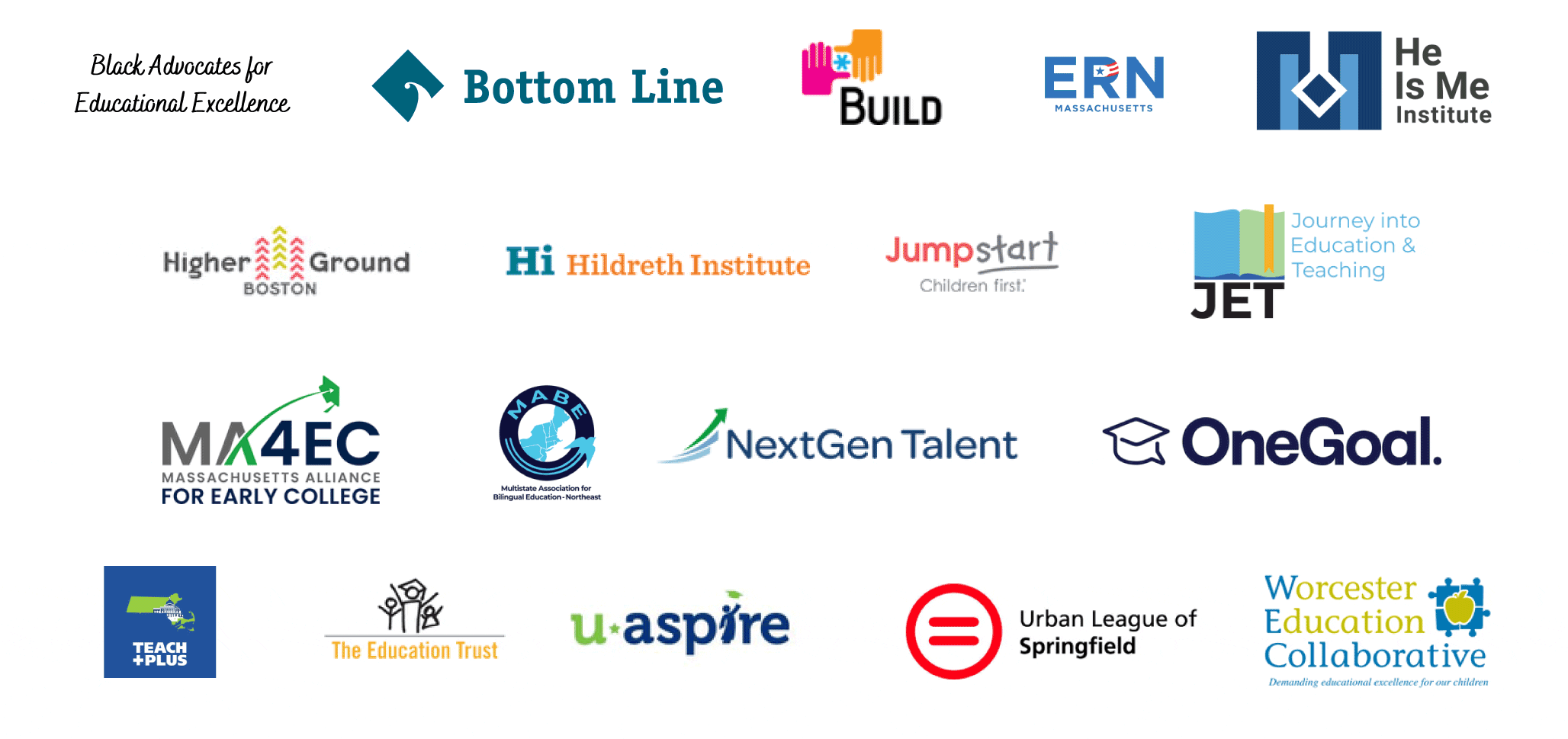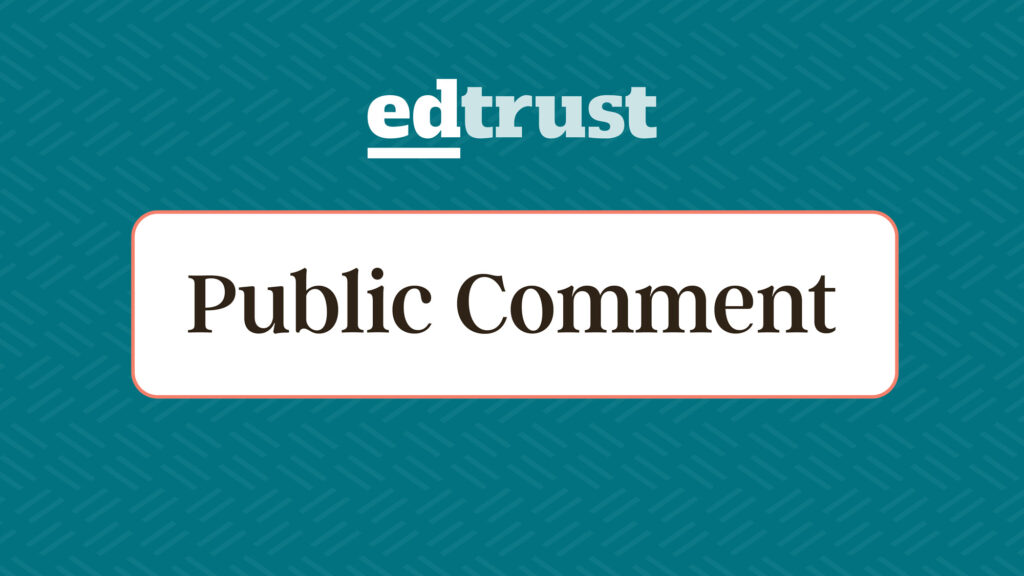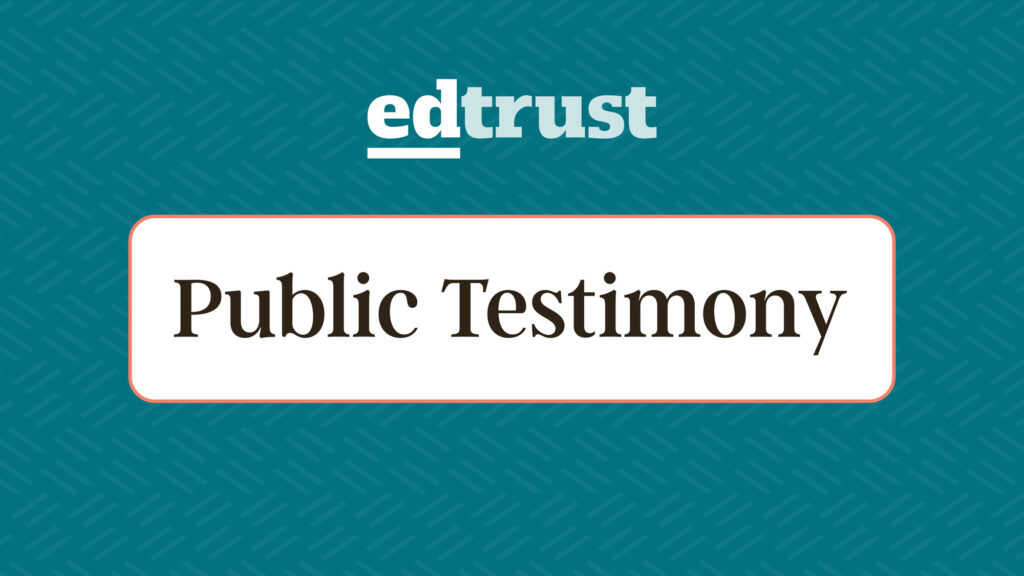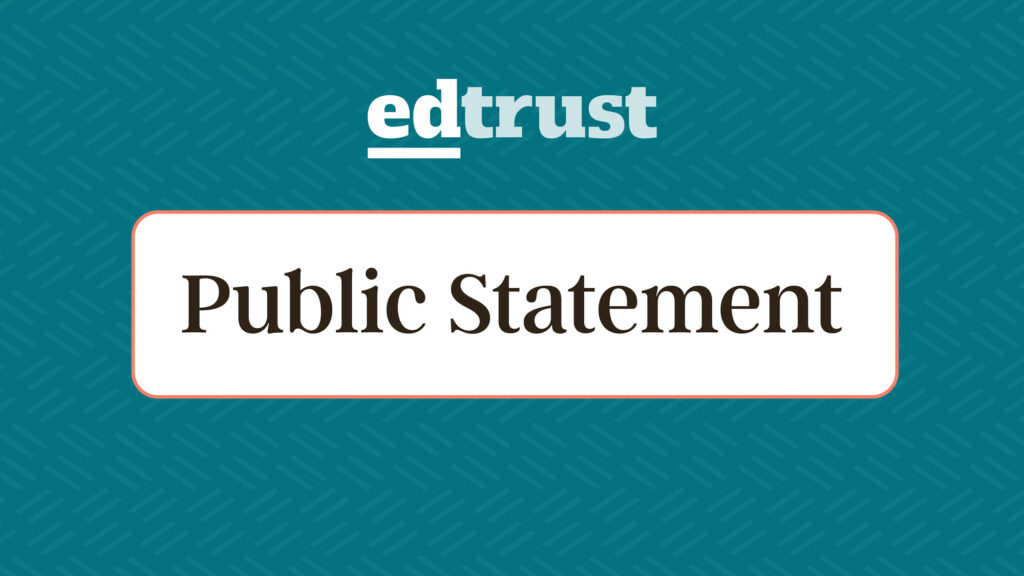As your administration prepares your first budget proposal, we — the undersigned civil rights, social justice, and educational equity organizations — write to urge you to ensure an affordable, high-quality postsecondary education is within reach for all Massachusetts students, and especially for systemically underserved populations by increasing investments in public higher education.
Higher education has long been one of society’s main drivers of opportunity, social mobility, and economic progress — which is particularly true for Massachusetts, where jobs increasingly require college degrees . Yet, there are glaring — and growing — gaps in who can afford college, especially in the Commonwealth. In 2019, Massachusetts’ affordability gap for students from low-income families at public four-year institutions was $6,293 , meaning that even after financial aid, many students would need to work 20 hours per week to pay for college — double the Lumina foundation’s recommendation . Moreover, indirect costs, such as transportation, books, and course materials, can often make up over half of the full cost of college , which financial aid does not cover. In addition, over the last five years, college attendance has declined, and gaps between students from low-income districts and their wealthier peers have widened — and these disparities have real consequences for students, their communities, and our Commonwealth’s economy and democracy.
We believe in the potential of all our state’s youth, and we know the crucial role higher education plays in helping them achieve their goals. With at least a billion dollars in new annual funding from Question 1 — also known as the Fair Share Amendment — and a greater public demand for change than we have seen in recent years, your administration has the opportunity to seize this important and unique moment to strengthen and invest in a more equitable higher education system that changes the trajectory of all students’ lives for the better — not just some. Although we recognize that your administration will be confronting a multitude of challenges for the fiscal year 2024 budget, few are as integral as education equity to the well-being of families across our state, to our state’s economy and democracy, and to the Commonwealth’s ability to live up to its values.
Now, your historic election as governor and your public commitment to higher education, the recent selection of Higher Education Commissioner Noe Ortega, and the Board of Higher Education’s strategic review of public higher education finance — which was instrumental in helping to better understand the current state of public higher education financing and how it impacts students and institutions in Massachusetts — have resulted in increased momentum on Beacon Hill to tackle long-standing fiscal challenges in higher education.
The decisions you make now on how much to invest, as well as where and how to invest that funding, will significantly impact the educational outcomes and lives of students for years to come. Therefore, we urge you to:
- Invest in student financial aid. More than 80,000 students across the Commonwealth receive state financial aid. While access to these resources has eased the financial burden for many students, the reality is that today, state-funded financial aid has less impact and value as the cost of attending colleges and universities has steadily increased. In addition to these funds covering smaller fractions of the cost of college, the inequitable distribution of aid across our higher education sectors leaves systemically underserved students no choice but to take on burdensome amounts of student loan debt, work more, and/or take fewer classes — even if those strategies reduce their chance of success. Therefore, we urge you to support BHE’s recommendation to at least double annual financial aid for students from our lowest-income families at all segments and invest in meeting the cost of living for Pell-eligible students with a stipend of $2,000 per year. While this expansion of financial aid will not fully close the affordability gaps students face, it will make progress to ensure that all students can afford college.
- Invest in wraparound services for colleges to provide more student support. Evidence shows that colleges can significantly increase students’ ability to stay in school and complete their coursework by investing in culturally sustainable wraparound support services, such as peer mentoring, academic skills workshops, transportation stipends, dependent care support, and targeted academic, career, transfer, and scholarship advising. In Massachusetts, we have made headway to ensure higher education is more inclusive by creating the Supporting Urgent Community College Equity through Student Services (SUCCESS) Fund, a newer line item established through the FY21 budget. This fund is key to providing access to wraparound services and supports essential for community college students across the state. However, previous levels of funding have allowed only a fragment of students to benefit. We encourage you to support BHE’s recommendation to invest $2,000 per Pell-eligible student into institutional support to ensure that all systemically underserved students attending community colleges are able to access necessary supports and services.
- Support Innovation and Reform. Over the last decade, enrollment at our state’s public higher education institutions has significantly declined, the student population has become increasingly diverse, and the number of part-time students has increased. These changes require our public higher education system to grow and adapt to meet the needs of all students. In recent years, the Department of Higher Education (DHE) has successfully utilized resources to identify and remove systemic barriers (e.g., Mass Transfer, Early College, and reducing remediation) across the public system. These innovative programs have increased affordability and the likelihood that students, particularly systemically underserved students, will successfully complete their degrees. As such, we support DHE’s budget recommendation of $25 million for the Higher Education Innovation Fund and the MA Alliance for Early College coalition’s recommendation of $27.6M for Early College.
- Invest in Public Higher Education. Massachusetts lags behind other states in public higher education spending as a share of total budgetary expenditures, higher education spending per capita, and per-student state support. Additionally, state funds are not allocated equitably to institutions with any regard for the number of students served or the unique supports and resources that students need. As a result, the cost of higher education has shifted in recent years from the shoulders of the state to that of families and students, resulting in an affordability crisis, especially for students from low-income families and students of color. If we don’t act now to reverse these patterns and ensure that all students can afford to complete their degrees and credentials, they, along with our economy and our democracy, will continue to pay a heavy price. The Board of Higher Education’s recent strategic review of public higher education financing culminated in an acknowledgment that the current financing system is not equitable and there is a need for the state to restructure how funding is allocated to public colleges and universities. Through this upcoming budget process, we encourage your administration to prioritize distributing larger shares of appropriated dollars to institutions that serve the highest percentage of systematically underserved students while creating a long-term strategy to update the state’s budget formula.
Through your first budget proposal, you have the opportunity to make racial, economic, and educational equity a foundational pillar of your administration. As governor, you can lead by ensuring that in one of the country’s wealthiest states, all students get the education they deserve and that Massachusetts’ employers have the skilled and diverse workforce they need to thrive.
Thank you for your attention to this letter. Please reach out to the undersigned groups if we can share more information about how these investments would support the success of the students and families we represent.
Respectfully submitted,








 August 28, 2025 by
August 28, 2025 by 
